UN Women and Election Commission foster dialogue for gender inclusion in Nepali elections
Date:
Author: Manjeeta Gurung
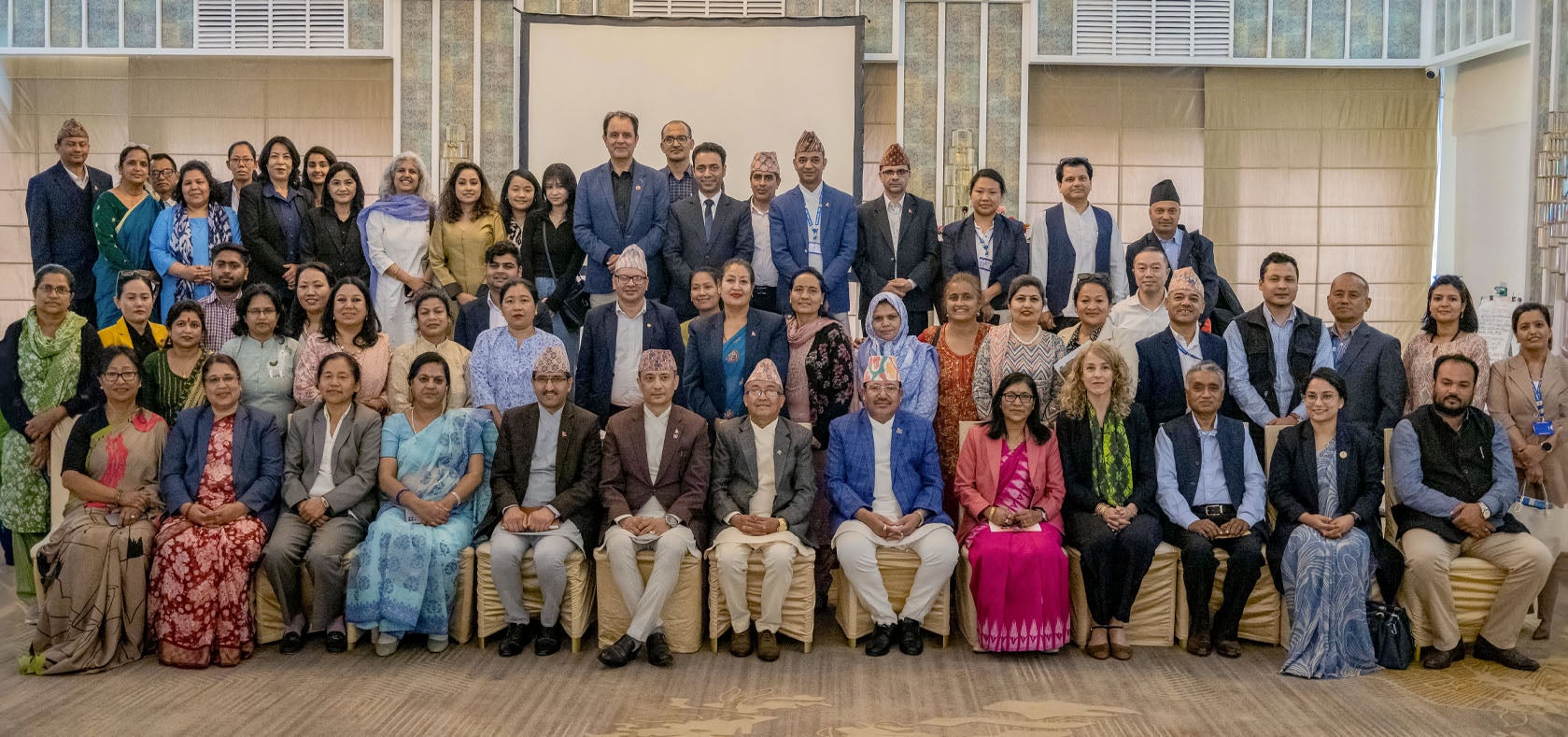
Constitutional, political, and legal arrangements have increased representation of women in various levels of governance in Nepal. Despite these improvements, there is still a significant gender disparity, with men overwhelmingly dominating leadership positions, especially at the local level. Almost 98 percent of the heads, presidents and ward presidents of the local level are men.
In this context, UN Women in collaboration with Election Commission of Nepal organized a dialogue entitled “2024 Elections and Women: Nepal’s Efforts, Achievements and Future Directions” in Kathmandu. The dialogue delved into the intersection of elections and women’s representation and highlighted the need to make electoral processes more inclusive for women. Timed with the 114th International Women's Day celebration in Nepal, the event echoed the call to "invest in women to accelerate progress."
Over 100 participants took part in the event, including parliamentarians, elected local and provincial leaders, political party representatives, government officials, development partners, civil society organizations (CSOs), and members of the media.
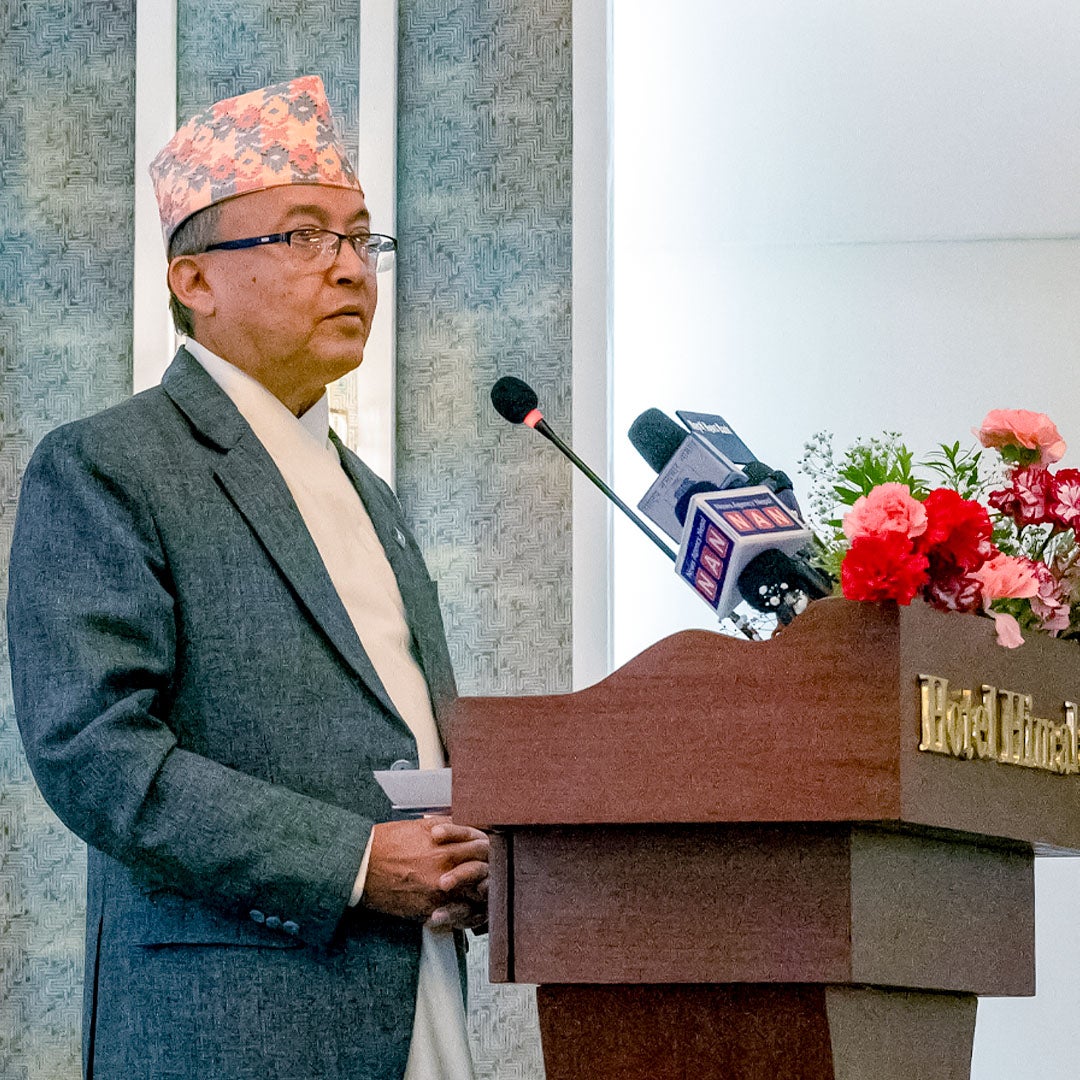
Organized as a part of concerted efforts to overcome legal, practical, and societal barriers hindering women's participation in politics and leadership, the dialogue was also aimed at fostering gender equality in electoral policies, plans, and strategies.
“In spite of a notable female voter base, women's candidacy remains disproportionately low. The Election Commission of Nepal is actively collaborating with political parties to foster dialogues on essential reforms, including amendments to laws governing party structures,” said Honorable Chief Election Commissioner, Mr. Dinesh Kumar Thapaliya, during the event.
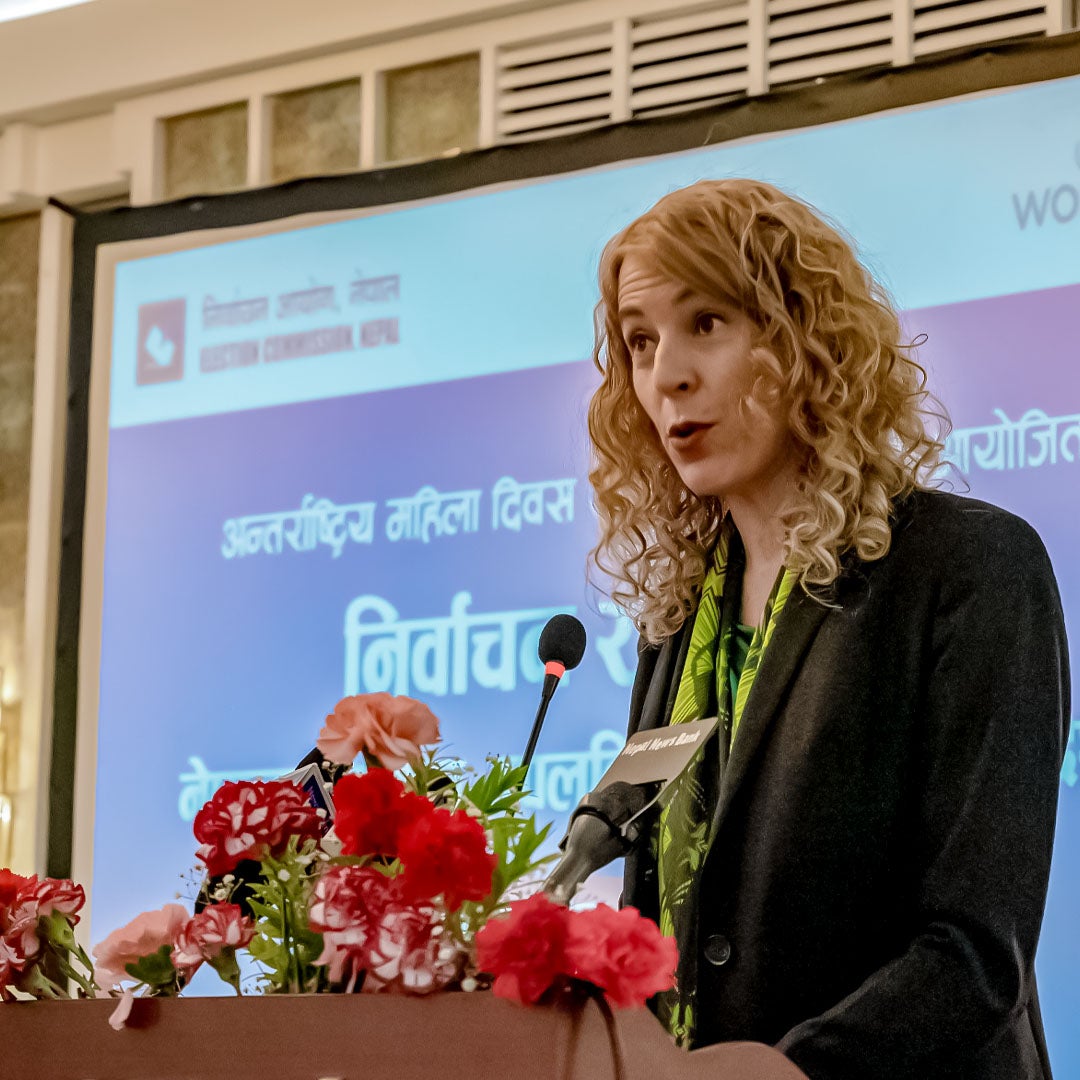
Patricia Fernandez-Pacheco, UN Women Nepal Country Representative, commended the country’s example of achieving 41 per cent women representation in the first federal election. She emphasized, "Women's participation in all state bodies is fundamental for inclusive democracy. Nepal's achievement is commendable, however sustaining progress requires robust legislative action. Challenges like violence against women in politics, including character assassination, discrimination based on caste and appearance, financial constraints and gender norms must be addressed."
During the dialogue, Sharu Joshi, founder member at Nepal’s Inter-Generational Feminist Forum, delivered a presentation on 'Participation of Women in Political Development of Nepal - Achievements, Challenges and Way Forward'. She highlighted the crucial role of access to information and resources and emphasized that financial constraints and caste diversity pose significant obstacles for women’s effective participation in electoral processes.
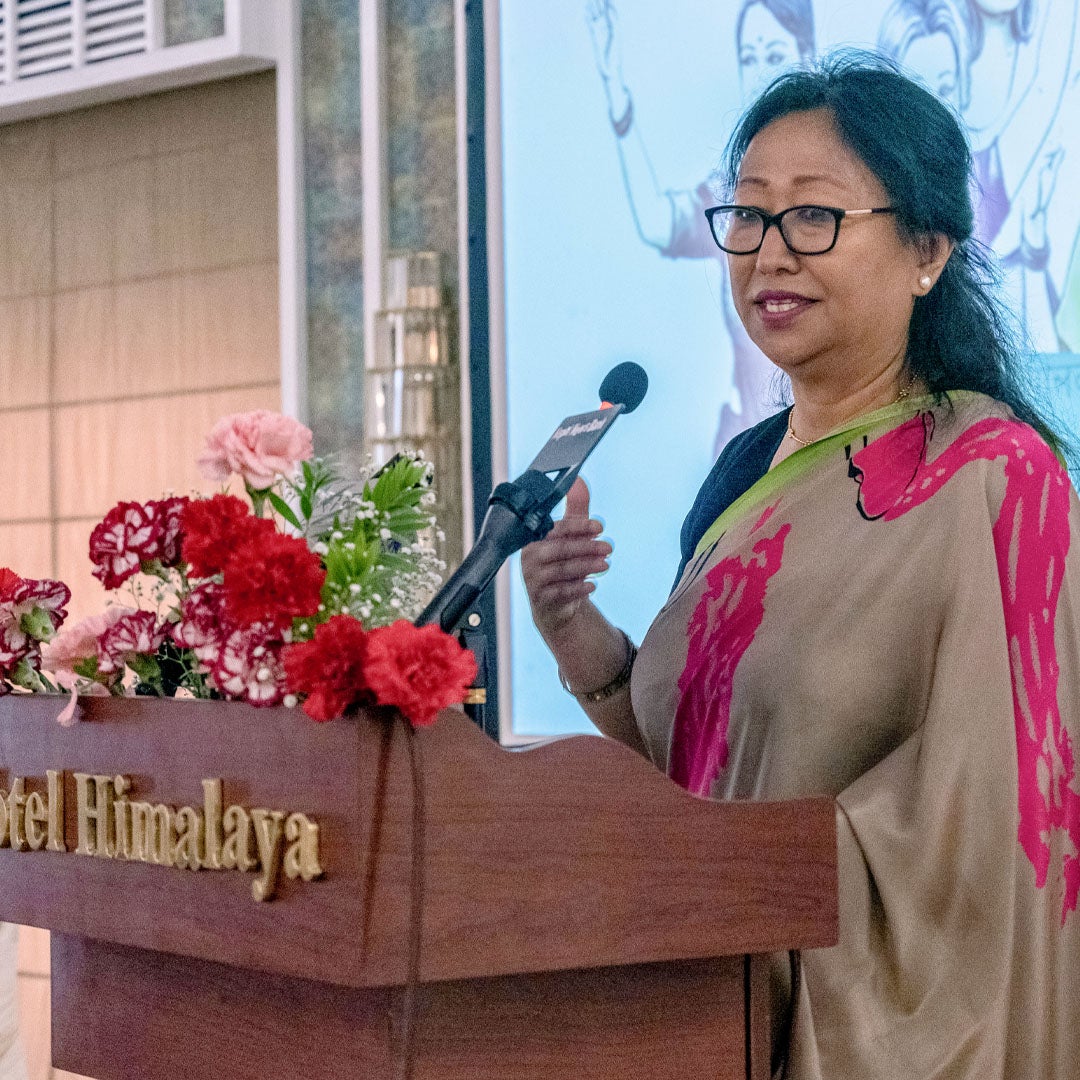
Gopal Krishna Siwakoti, President of the International Institute for Human Rights, Environment and Development (INHURED), urged for a transformative shift in societal perceptions, positioning women as vital actors in politics. He stressed the importance of women's presence in all levels of governance, emphasizing the positive outcomes of female leadership. He called for collective efforts to dismantle stereotypes and discriminatory practices, fostering an environment conducive to women's political participation.
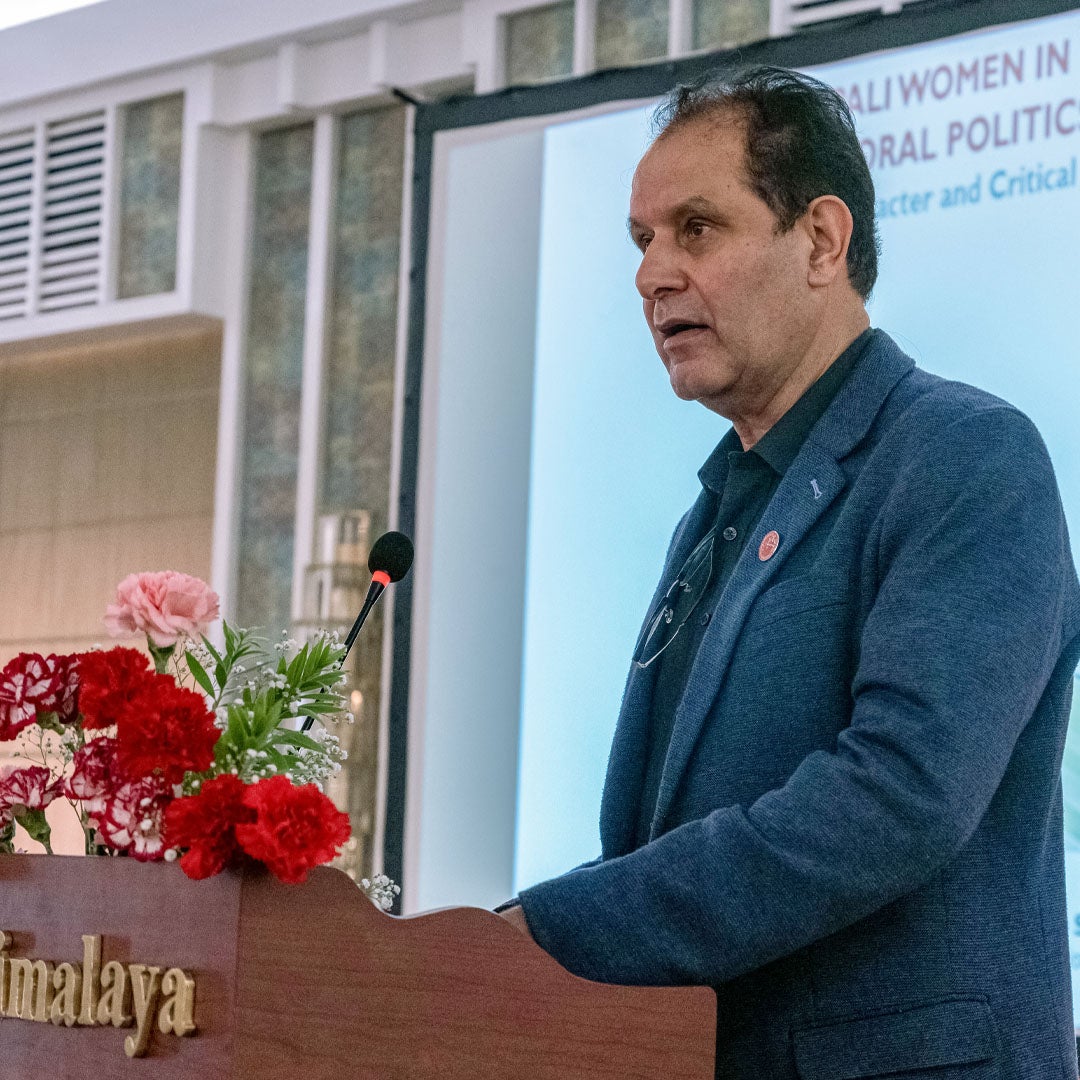
During the event, participants were organized into groups to facilitate focused discussions on key topics concerning electoral reform and gender inclusion, including legal reforms in election management, initiatives to increase women representatives in elections, legal reforms in political parties, reform in gender and inclusive policies and strategies of the Election Commission, and actions to be taken by the Government of Nepal and other agencies. This group work enabled participants to generate actionable recommendations aimed at advancing democratic processes in Nepal.
The discussions looked closely at the rules and laws safeguarding women's representation and examined the inclusion of women by political parties. Looking ahead, practical plans were suggested during the group discussion to ensure women's voices are heard in elections, including reforms in election laws and enhancement of commission strategies.
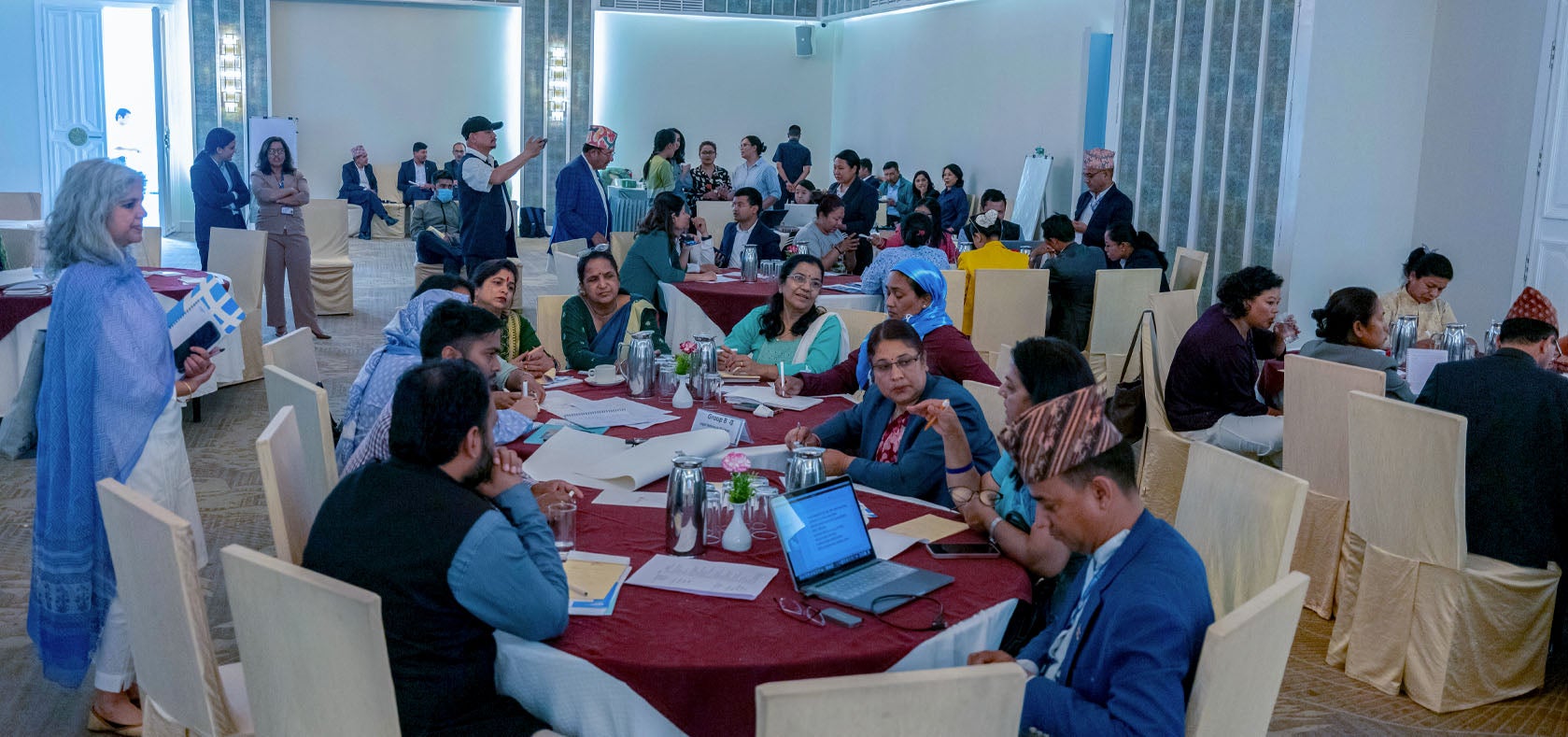
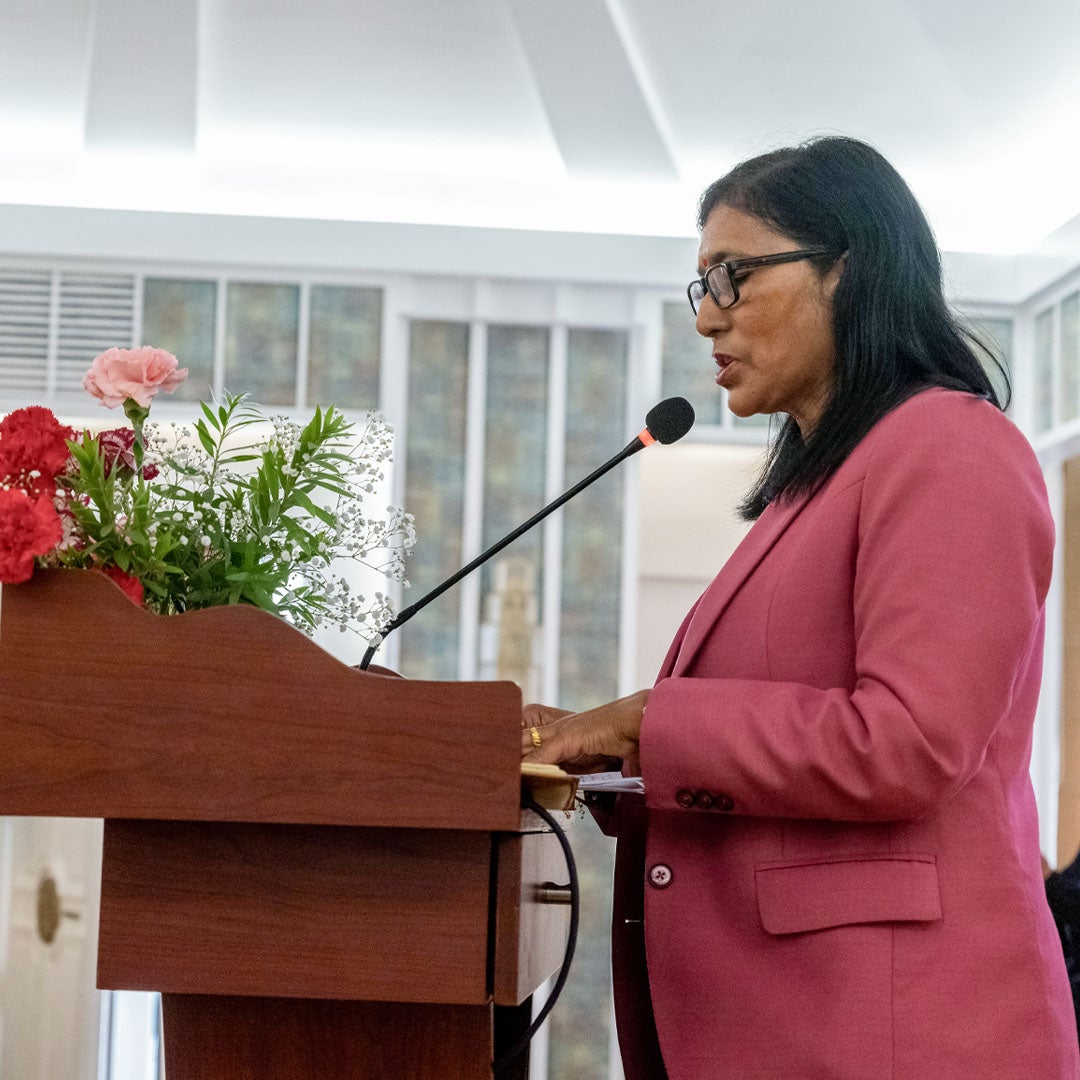
"The suggestions and views put forth during the discussion are assets for mapping our future endeavors. We must actively work towards enhancing the circumstances of women and marginalized groups, ensuring inclusivity and progress for everyone,” said Election Commissioner Dr. Janaki Kumari Tuladhar in her closing remarks.
Participants concluded that addressing the challenges of women's political representation requires parties, government agencies, civil society organizations, and other stakeholders to commit to implementing inclusive policies in line with the constitutional framework.